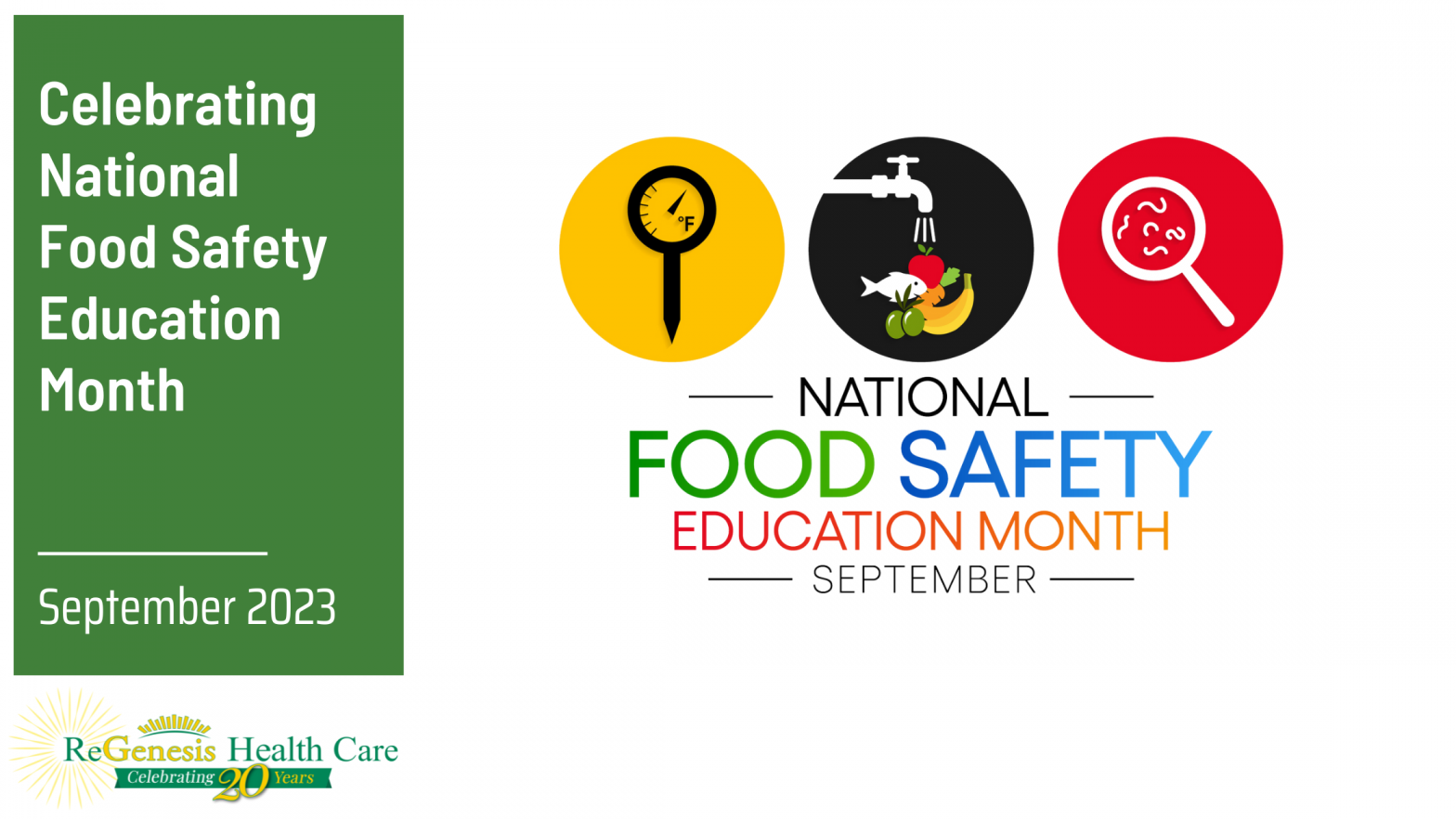Celebrating National Food Safety Education Month
Food is one of the basic necessities of life. It is essential to our survival, and therefore, it is crucial that we ensure that the food we eat is safe and healthy. The month of September is dedicated to National Food Safety Education to raise awareness and educate people on the importance of food safety. In the United States alone, millions of people suffer from foodborne illnesses each year. Many of these illnesses can cause severe damage to one’s health or even death. Hence, it is vital to take food safety education seriously to prevent the occurrence of these illnesses.
Understanding Food Safety
Food safety encompasses the practices and measures that we take to ensure the food we eat is free from contamination and illness-causing bacteria. Some of the crucial ways to ensure food safety include proper handling, storage, and preparation of food. It also involves raising awareness of safe food handling practices to prevent cross-contamination or food poisoning.
The Importance of Food Safety Education
Knowledge is power, and in this case, it can save lives. Food Safety Education helps people prevent foodborne illnesses and protect themselves and their families by teaching the skills required to maintain food safety. It is essential to understand these practices, as they can be applied in our daily lives to help prevent the occurrence of foodborne illnesses.
Common Types of Foodborne Illness
Foodborne illnesses can be caused by a variety of things, including bacteria, viruses, and parasites. Some of the more common foodborne illnesses include salmonella, E.Coli, listeria, and norovirus. These illnesses can range from mild to severe, causing symptoms such as nausea, vomiting, diarrhea, abdominal pain, and fever. Prevention is always better than cure, and this is especially true with foodborne illnesses.
Tips for Ensuring Food Safety
There are numerous ways to ensure food safety. One of the most effective ways is to wash your hands regularly when handling food. This will help prevent the spread of any bacteria or germs. It is also essential to keep your kitchen clean at all times. Proper food storage and handling is also necessary to maintain food safety. Also, proper cooking temperatures can help kill bacteria that cause illness.
The Role of Government in Ensuring Food Safety
The government also plays a significant role in ensuring food safety. Federal agencies such as the Food and Drug Administration (FDA) and the United States Department of Agriculture (USDA) regulate the food industry and enforce food safety standards. The government also conducts regular inspections of facilities that produce and process food to ensure that food safety regulations are followed. This process ensures that food production and processing follows the highest possible standards to protect consumers’ health.
National Food Safety Education Month is an opportunity to educate ourselves and our communities on the importance of food safety. By understanding the principles of food safety, we can take simple steps to prevent foodborne illness and protect ourselves and our loved ones. It is crucial that we take responsibility for our food choices and ensure that the food we eat is safe and healthy. Foodborne illness is preventable, and by practicing safe food handling techniques, we can reduce the number of people who fall sick due to contaminated food. Remember, it only takes one step to make a difference, so let us all take responsibility and embrace safe food handling practices for a healthier future.



